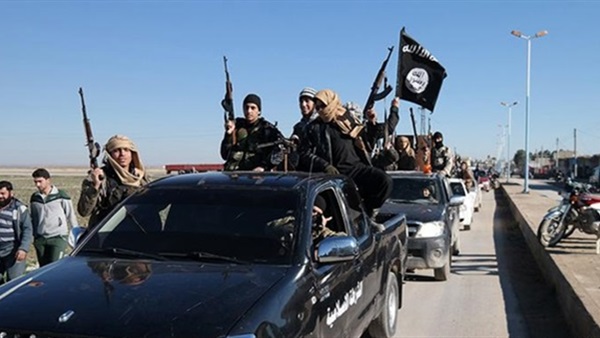ISIS targeting China in Afghanistan: Causes and implications

An attack by ISIS Khorasan on a hotel, primarily frequented by Chinese nationals, in Afghan capital, Kabul, a few days ago, marks a major shift in the organization's strategy towards China, a country that enjoys its heavy weight in the international order.
China might be tempted to reciprocate militarily, if such an attack is repeated in the future.
Beijing can do this by enlisting support from private security and military companies.
Strategic shift
Deep under the new strategic shift of ISIS Khorasan towards China, as the organization claims, are China's violations against Uyghur Muslims, and ethnic cleansing campaigns against them in the Muslim-majority Xinjiang Uyghur autonomous region in north-western China.
Muslim separatists call the region 'East Turkestan'. Several regional and international terrorist organizations consider China an enemy, including the Turkestan Uyghur Islamic Party, the Islamic Movement of Uzbekistan, the Pakistan Taliban, in addition to ISIS and Al-Qaeda.
The latest attack came almost three months after the release of a report by the Office of the United Nations High Commissioner for Human Rights, which concludes that China had committed serious human rights violations against Uighurs in Xinjiang.
China and ISIS
The ISIS attack also comes in response to China's adoption of firm positions against the organization.
Beijing warned against a new terrorist wave and the return of ISIS militants from three Arab countries.
It also rang the alarm about the spread of the terrorist organization at a faster pace in many parts of Africa.
It called on the international community to pay close attention to the terrorist threats posed by the East Turkestan Islamic Movement.
China estimated the number of movement fighters in Syria at between 1,000 and 3,000.
Damage
It also seems obvious that the organization is working to empty Kabul of any foreign diplomatic presence.
Its attacks also aim to discourage other countries from establishing relations with the current Afghan interim government.
ISIS Khorasan also apparently tries to stir up popular discontent against China, especially with reports about projects included in the Chinese Belt and Road Initiative causing corruption among Chinese officials.
The attack on the Kabul hotel also confirms ISIS's plan to target Chinese interests, specifically the projects that fall under the Belt and Road Initiative.





